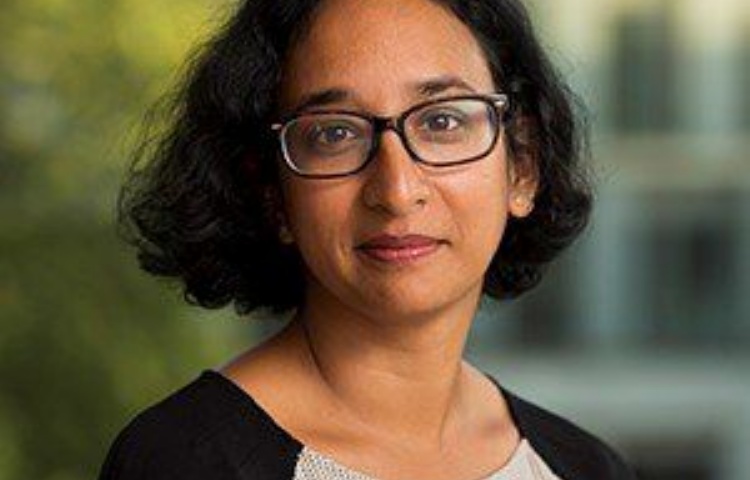My Digital Hero by Selina Pavan
Jamila Andersson

As part of our Digital Hero series to celebrate Ada Lovelace day, Selina shared with us who her Digital Hero is and why it is essential to highlight women in STEM.
Karen Sparck Jones (1935-2007)[1] was pioneering in computer science and linguistics, and she is my digital heroine. She was ahead of her time in a number of different ways. Many in the mid-20th century were focused on how humans could use computers, however Sparck Jones was thinking about how to help computers understand us.
The biggest impact her research has had on my life is a fundamental principle on how search engines work today. I cannot imagine my day-to-day without using search engines to navigate the huge amount of information available, to understand and to connect with others across the globe. I’m not sure how I heard about her first, but her story is quite intriguing.
Sparck Jones was a self-taught programmer, who studied History and Philosophy at Cambridge and then went on to research how to program computers to understand human words. She also became a key leader in the field for Natural Language Processing. She published her seminal work in 1972 on inverse document frequency to measure how important a rare term in a document should be. This is foundational to search engines today as it helps to order which documents appear first. She faced a number of systemic barriers and expectations in her academic life and only became a professor at Cambridge in 1999. Up till then she had been working on contract with the university, she was so ahead of her time that her work was not immediately valued in its first 20 years.
She also campaigned for more women in computer science and championed the slogan that “computer science can’t be left to just the men”. She mentored both men and women, inspired young women to study computer science and challenged that we all needed to understand how technology works, rather than just learn how to use applications.
“So I've always felt that once you see how important computing is for life you can't just leave it as a blank box and assume that somebody reasonably competent and relatively benign will do something right with it.” [2]
She also spoke out on ethics around writing software, given that it would pervade everyone’s lives and that technologists need to think of the social impacts of their work.
“You don't need a fundamental philosophical discussion every time you put finger to keyboard, but as computing is spreading so far into people's lives you need to think about these things.”[3]
Much of her ideas and research are being built on today and she is someone that we should have celebrated more in her lifetime. She didn’t get an obituary in The Times, but her husband, a fellow academic, Roger Needham did[1]. I imagine Sparck Jones must have been someone with a lot of grit and determination to pursue her pioneering research whilst being a minority in her field. So not only is she a true inspiration in terms of the magnitude of her contribution, but her story reminds us that there could be many other amazing women’s stories are out there yet to be discovered. So I hope we all, yes men included, can take a look around at our female peers and colleagues and make sure we are truly celebrating them as much as we can right now, and not take them for granted.
[1] https://www.nytimes.com/2019/01/02/obituaries/karen-sparck-jones-overlooked.html
[2] https://www.bcs.org/articles-opinion-and-research/computings-too-important-to-be-left-to-men/
[3] https://www.bcs.org/articles-opinion-and-research/computings-too-important-to-be-left-to-men/